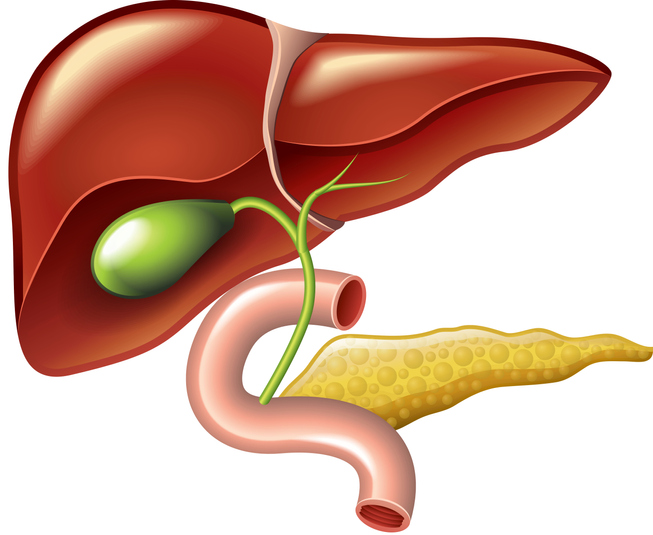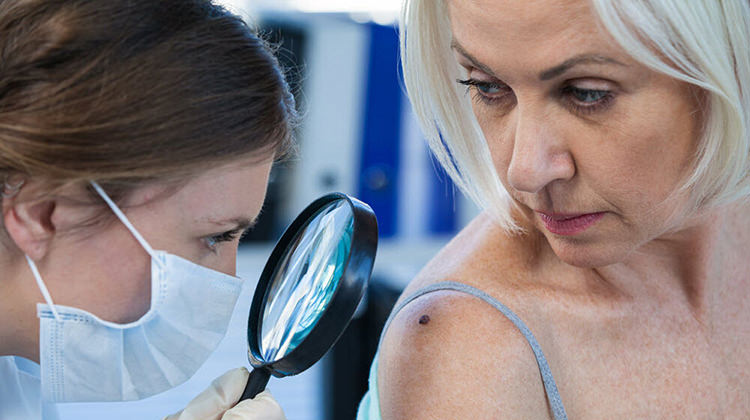“The number of alcoholic hepatitis patients getting liver transplant more than tripled during the COVID-19 pandemic, a retrospective study found.
A difference-in-difference analysis from June 2020 to February 2021 found that liver transplants for acute alcohol-associated hepatitis more than tripled (268.5% increase) compared with expected trends, while the rate of patients with acute alcohol-associated hepatitis added to the transplant waiting list more than quadrupled (325% increase), reported Therese Bittermann, MD, of the University of Pennsylvania in Philadelphia, and colleagues.”
Read full article, here.







